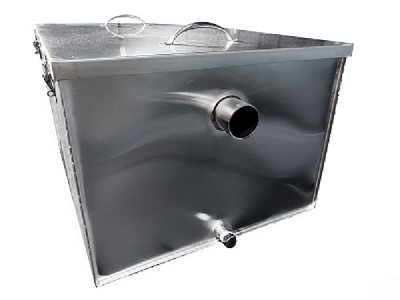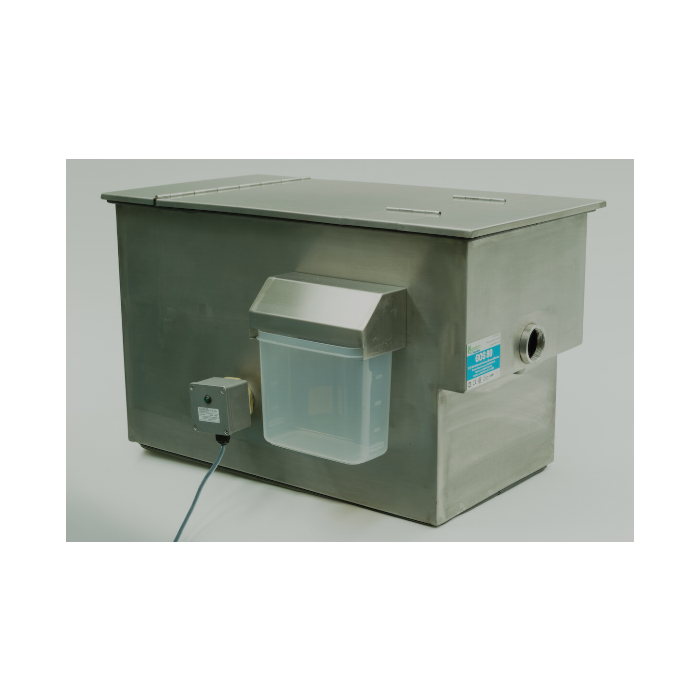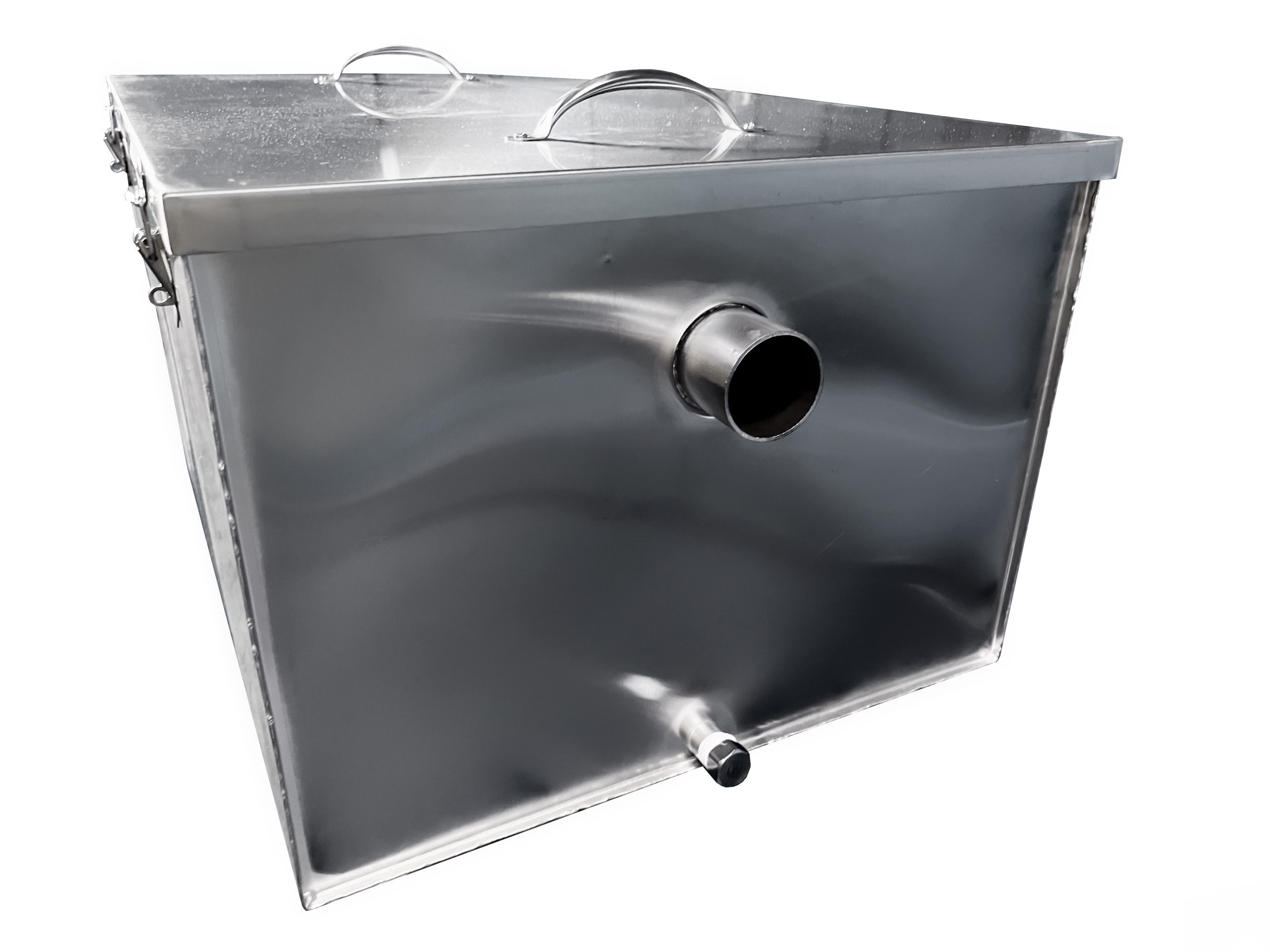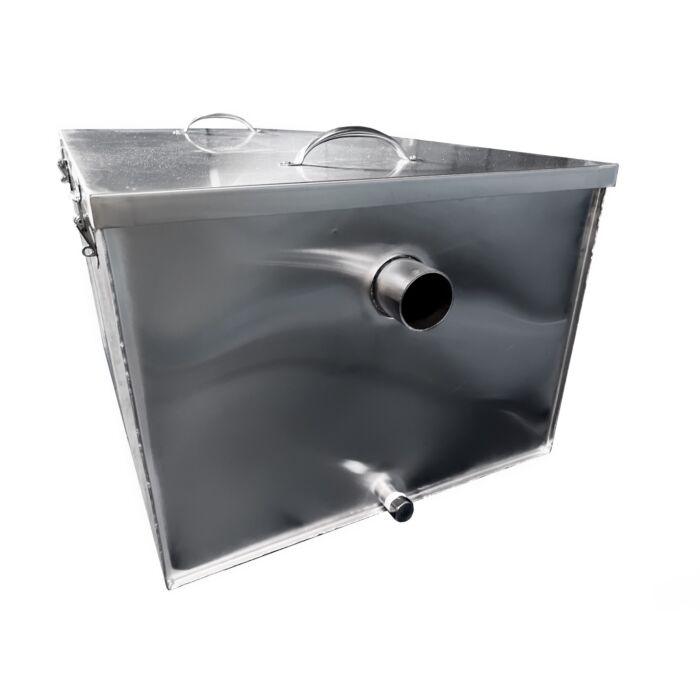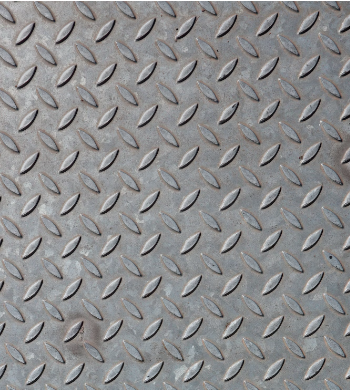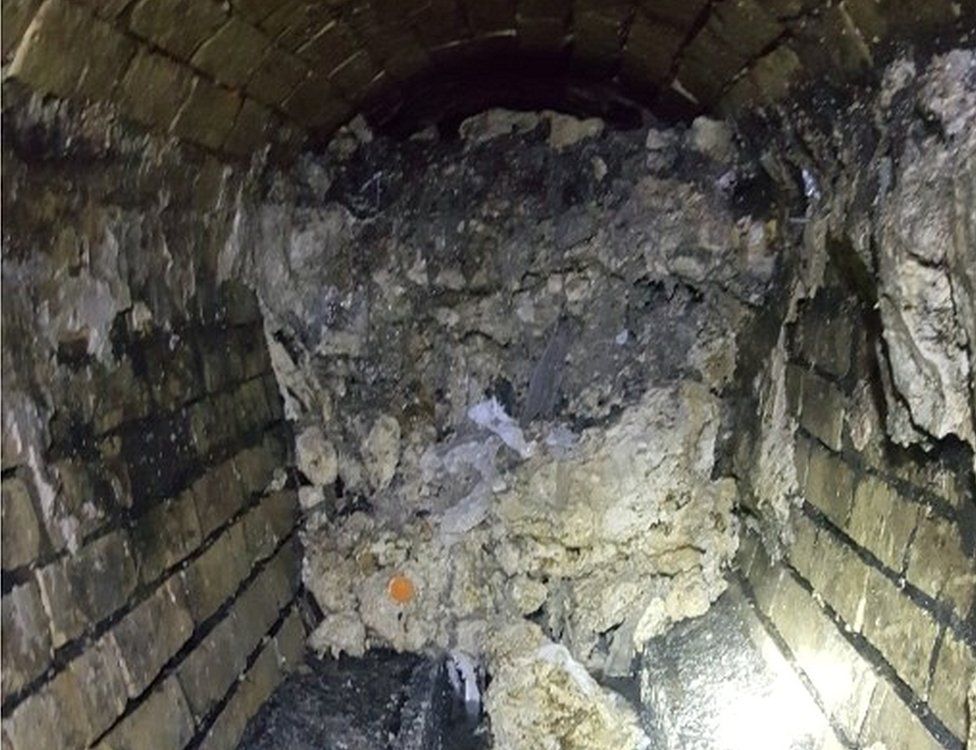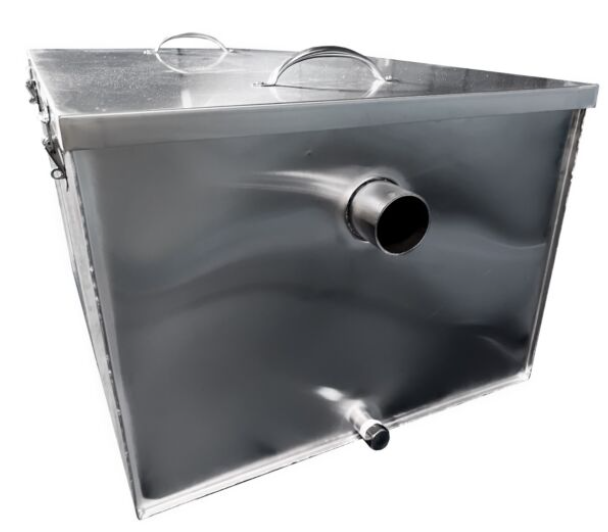Checkout using your account
Checkout as a new customer
Creating an account has many benefits:
- See order and shipping status
- Track order history
- Check out faster
Latest News - FFD Grease Management
-
Read more »
5 Signs that Your Grease Trap Needs Attention
Last Updated: April 08, 2024In the bustling environment of a commercial kitchen, a grease trap is an unsung hero, quietly working away to prevent fats, oils, and grease (collectively known as FOG) from entering the sewage system. This not only helps in maintaining plumbing health but also plays a crucial role in adhering to environmental standards. Given the intensity of kitchen activities, especially in high-volume establishments, the grease trap can easily become a victim of neglect. Regular cleaning, ideally monthly, is essential for its optimal functioning. Let's delve into the five tell-tale signs that your grease trap is crying out for attention.
-
Read more »
Why Winter is a Critical Time for Fatbergs
Last Updated: December 21, 2023Fats, Oils, and Greases (FOG) present a year-round challenge in the realm of waste management, significantly impacting both our sewer systems and the environment. However, the winter season brings with it additional threats that exacerbate the FOG problem, making this period particularly critical for food service businesses. While these issues are persistent throughout the year, the unique combination of increased culinary activities during the festive season and the cold weather's impact on grease behaviour poses heightened risks. This period demands an elevated level of vigilance and a tailored approach to ensure our sewers remain free from the hazardous build-up of fatbergs. As we delve deeper, we will explore why winter is a particularly crucial time for combatting FOG and the necessary strategies to mitigate these seasonal challenges.
-
Read more »
Grease Trap Cleaning Schedules: Ensuring Efficiency and Compliance
Last Updated: December 21, 2023In the bustling environment of a commercial kitchen, the maintenance of grease traps often takes a backseat, but its importance cannot be overstated. Grease traps play a crucial role in preventing fats, oils, and grease (FOG) from entering and clogging the sewage system. An efficient grease trap maintenance schedule not only ensures compliance with environmental regulations but also guarantees the smooth functioning of kitchen operations.
-
Read more »
What Information Should Be Recorded in Grease Trap Management Records?
Last Updated: December 21, 2023Grease traps, an essential component of any commercial kitchen, are mandated by law due to their crucial role in managing waste and protecting the environment. These devices trap fats, oils, and grease (FOG) from kitchen wastewater before it enters the sewage system. Regular cleaning and maintenance of grease traps are not only a legal requirement but also vital for the effective functioning of the equipment. Keeping thorough and accurate records of grease trap management is essential for compliance and operational efficiency. Here’s what needs to be recorded and why each aspect is important.
-
Read more »
Grease Trap Dosing Systems Explained
Last Updated: December 19, 2023Grease traps are essential in modern kitchens, ensuring that fats, oils, and grease (FOG) don't clog the sewage systems. One of the most effective ways to manage these substances is through dosing systems. In this post, we will delve into the different types of dosing systems used in conjunction with grease traps, how they function, and where they should be installed.
-
Read more »
What is the Best Material for a Grease Trap?
Last Updated: December 19, 2023When it comes to managing kitchen waste, particularly fats, oils, and grease (FOG), a grease trap is essential. It's an integral part of waste management systems and a legal requirement for commercial foodservice and catering kitchens, to ensure that sewage systems are protected from clogs and environmental damage. With various materials available for grease traps, it can be challenging to decide which is the most suitable for your needs. In this blog post, we'll explore the materials used in grease traps and discuss which is the best option.
-
Read more »
What Commercial Kitchen Equipment Produces FOG?
Last Updated: December 19, 2023Finding it tough to keep your commercial kitchen up-to-date with FOG rules? You're in good company! This post will tell you what equipment could lead to FOG and give you recommended grease management solutions. It is critical that restaurant owners, professional chefs, and catering business managers all stay compliant, observing regulations and avoiding potential fines or prosecution. Keep reading to find out more!
-
Read more »
The GCA; A Comprehensive Guide of Grease Management for Food Service Businesses
Last Updated: December 19, 2023The damage caused by improper FOG management is a genuine concern. With the busy festive season approaching, it's vital that kitchens have appropriate measures in place that can deal with not only day-to-day demand throughout the year but also the extra FOG output produced throughout busier times of the year.
With fatbergs having been reported previously that weigh around 400 tonnes, or the equivalent of four blue whales, water companies are understandably concerned, especially when repairing a damaged sewer can cost on average £400k and can take more than 2 months to clear.
-
Read more »
Why Great Grease Management Practices Don't Eliminate the Need for a Grease Trap
Last Updated: December 20, 2023Grease management is a critical aspect of running a safe and efficient restaurant or takeaway kitchen. Proper handling of fats, oils, and grease (FOG) is essential to prevent blockages in plumbing systems, maintain kitchen hygiene, and comply with environmental regulations.
Any business that generates FOG (fats, oils and grease) should be employing strict grease management practices as well as installing a suitable grease trap. No matter how efficient and effective your grease preventative measures are, FOG will still find a way to make it into mains drainage systems.
-
Read more »
Why Installing Grease Traps is Essential for Chinese Restaurants & Takeaways
Last Updated: December 20, 2023Own a Chinese restaurant or takeaway? Worried about grease from your kitchen causing blockages in the main water system? Installing a grease trap is essential! This blog discusses why every kitchen needs a suitable grease management solution to comply with regulations.

